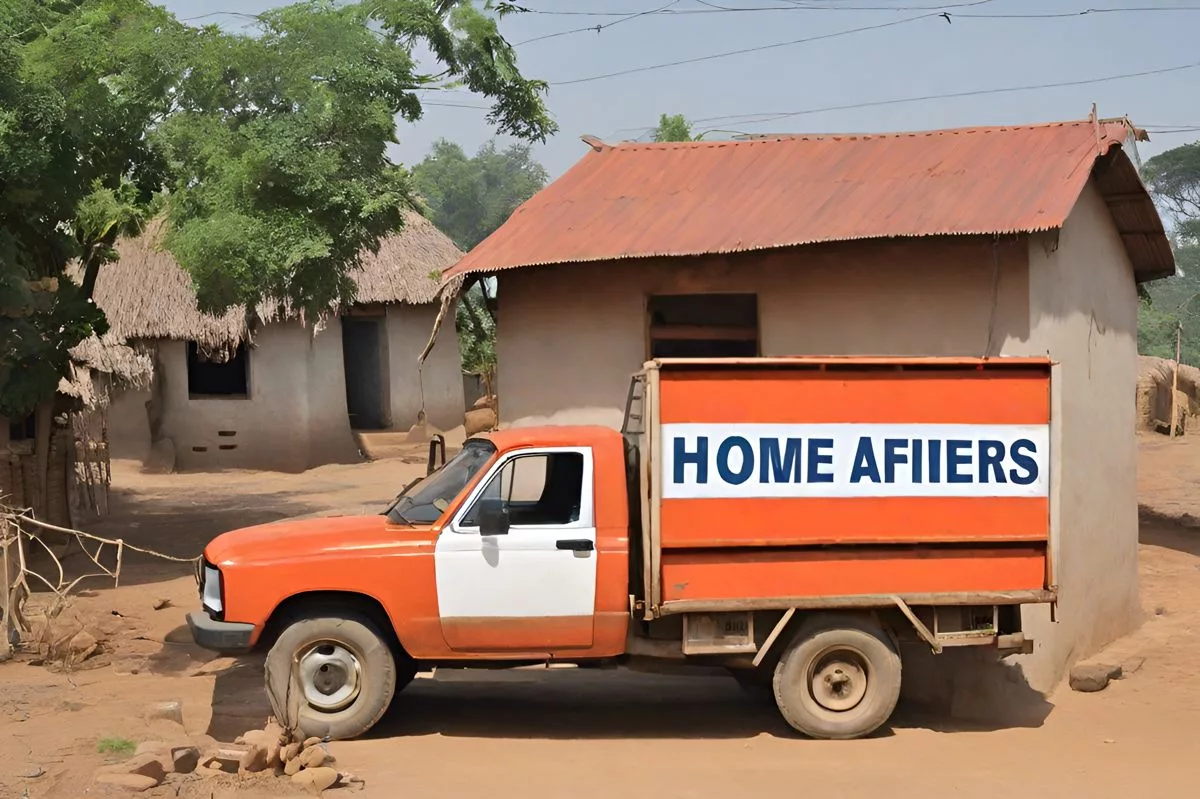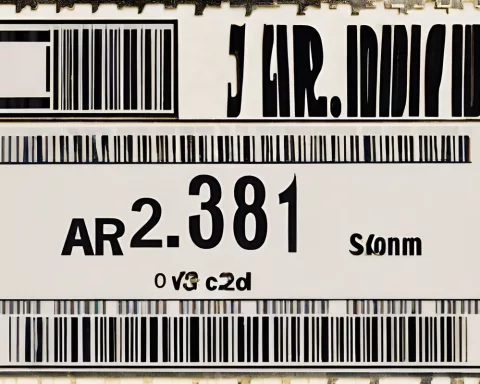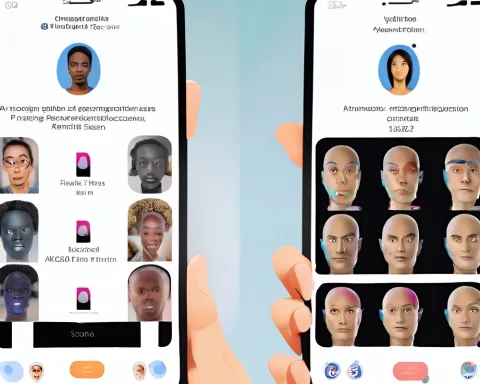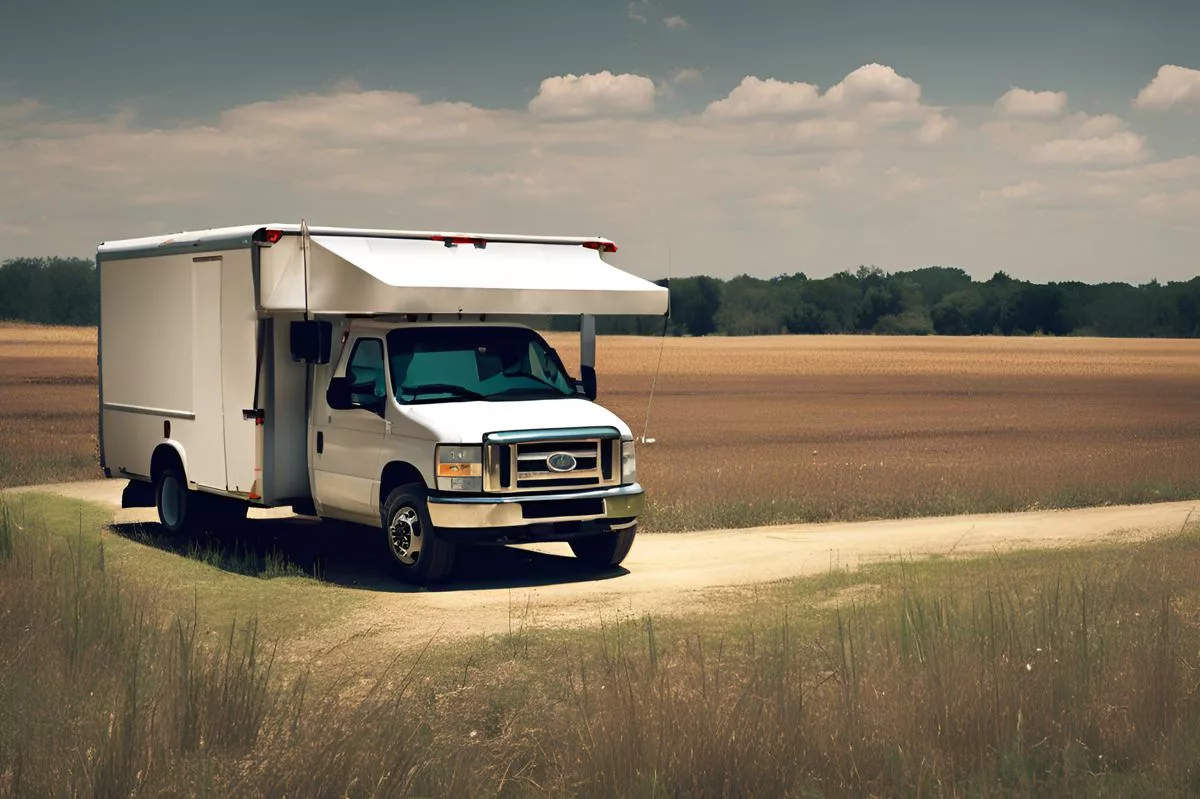Exciting news for South Africa! President Cyril Ramaphosa launched the Department of Home Affairs’ new Mobile Office Trucks in Mokopane, Limpopo, on May 7, 2024. Dubbed ‘Home Affairs on Wheels,’ these trucks aim to improve accessibility, speed, and cost-effectiveness of public services, offering vital services such as smart ID, passport, birth, marriage, and death certificate applications. The initiative plans to deploy 100 trucks, expanding the fleet by at least 100 trucks annually, aiming to reach a total of 1,000. This marks a significant evolution in the record of public service delivery in South Africa.
New Mobile Offices: A Boon for Accessibility
President Cyril Ramaphosa launched the Department of Home Affairs’ new Mobile Office Trucks in Mokopane on May 7, 2024. Dubbed ‘Home Affairs on Wheels,’ the initiative aims to improve the accessibility, speed, and cost-effectiveness of public services. These mobile offices will offer vital services such as applications for smart ID, passport, birth, marriage, and death certificates. The program plans to deploy 100 trucks, expanding the fleet by at least 100 trucks annually, aiming to reach a total of 1,000.
A Milestone in Public Service Delivery
In an exciting progression of service provision, President Cyril Ramaphosa revealed the new Mokopane Office and the Mobile Office Trucks of the Department of Home Affairs on May 7, 2024. The momentous ceremony took place at the Mahwelereng Stadium, Mokopane, Limpopo, marking a significant evolution in the record of public service delivery in South Africa.
The ceremony recognized the efforts of Deputy Minister Njabulo Nzuza, Home Affairs Minister Dr. Aaron Motsoaledi, Premier of Limpopo, Mr. Stan Mathabatha, Executive Mayor of Waterberg District Municipality Cllr SM Mataboge, and Mayor of Mogalakwena Local Municipality Cllr N Taueatsoala. It is important to mention that the initiative reaches out to not only the inhabitants of Mokopane but also all South Africans.
New Mobile Offices: A Boon for Accessibility
During his interaction with the local people, President Ramaphosa expressed his joy with the introduction of these new trucks. These mobile offices are anticipated to realize a substantial impact, radically improving the lives of numerous individuals in Limpopo and beyond. Under the initiative termed ‘Home Affairs on Wheels,’ these trucks intend to improve the accessibility, speed, and cost-effectiveness of public services.
The initiative is particularly advantageous for the rural population who often face the challenge of covering vast distances to reach government services. The mobile offices are designed to resolve this problem, making the process both cost and time-efficient. These mobile offices will offer vital services such as applications for smart ID, passport, birth, marriage, and death certificates.
The initiative has a grand plan of deploying one hundred trucks, over and above the twenty from the preceding year. In the subsequent years, the goal is to expand the fleet by at least 100 trucks annually, aiming to reach a total of one thousand. Along with this initiative comes the inauguration of a new Department of Home Affairs office in Mokopane.
The Future of Public Services in South Africa
These mobile offices will not merely be vehicles on the move. On the contrary, they will establish a dedicated presence in villages and towns at specific times, enabling residents to know when to access the services. An eventual objective of the program is to extend these services to schools, ensuring that learners do not have to compromise on education to avail of these services.
The department is also moving towards a novel kiosk model, similar to ATM services, where citizens can apply for replacement copies of certificates and other documents. This groundbreaking change accompanies the Home Affairs offices now positioned within hospitals for birth registrations, a move that has significantly increased the civil registrations rate.
The consolidation of public services also covers banks, shopping malls, and expanded offices like the one inaugurated in Mokopane. The initiative underlines the democratic government’s commitment to reinstating the dignity of all South Africans, a promise made 30 years ago when the country attained its freedom.
President Ramaphosa encouraged the residents of Mokopane to consider these new Home Affairs trucks as their own, urging them to take pride in them and help in their upkeep. As guardians and defenders of the citizens of South Africa, the Department of Home Affairs has continuously strived since 1994 to assure a dignified life for its people through legal identity recognition and necessary documentation.
The introduction of the Mokopane office and the mobile offices stands as a notable step forward, exemplifying the Department of Home Affairs’ dedication to service delivery and public accessibility. President Ramaphosa lauded all stakeholders, emphasizing the significance of working collaboratively to build South Africa, ensuring no one is excluded from accessing necessary services.
1. What are the Mobile Office Trucks?
The Mobile Office Trucks are a new initiative launched by the South African Department of Home Affairs in Mokopane on May 7, 2024. Dubbed ‘Home Affairs on Wheels,’ these trucks aim to improve accessibility, speed, and cost-effectiveness of public services, offering vital services such as smart ID, passport, birth, marriage, and death certificate applications.
2. What is the purpose of the Mobile Office Trucks?
The purpose of the Mobile Office Trucks is to improve the accessibility, speed, and cost-effectiveness of public services in South Africa. These mobile offices will offer vital services such as applications for smart ID, passport, birth, marriage, and death certificates.
3. How many Mobile Office Trucks are planned to be deployed?
The program plans to deploy 100 trucks, expanding the fleet by at least 100 trucks annually, aiming to reach a total of 1,000.
4. How will the Mobile Office Trucks benefit the rural population?
The mobile offices are designed to benefit the rural population who often face the challenge of covering vast distances to reach government services. The mobile offices are a cost and time-efficient solution, making it easier for people in rural areas to access public services.
5. What is the kiosk model that the Department of Home Affairs is moving towards?
The Department of Home Affairs is moving towards a novel kiosk model, similar to ATM services, where citizens can apply for replacement copies of certificates and other documents.
6. What is the goal of the initiative?
The goal of the initiative is to improve public service delivery in South Africa, ensuring that all citizens have access to vital services. The mobile offices will establish a dedicated presence in villages and towns at specific times, enabling residents to know when to access the services.












